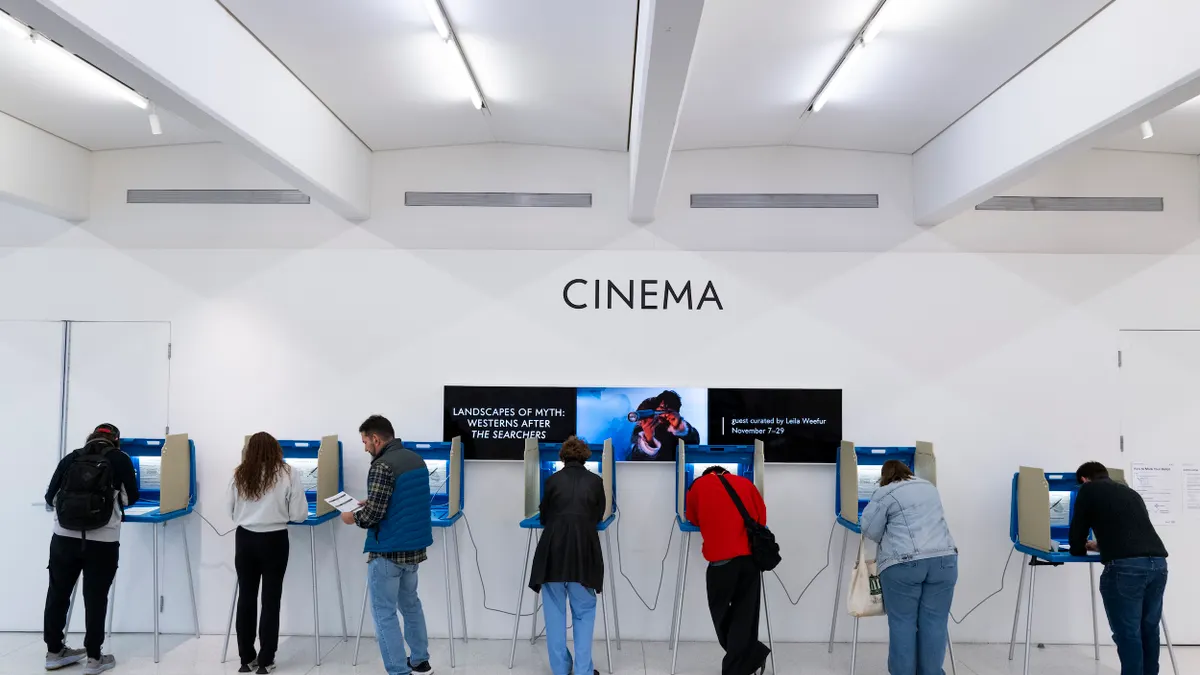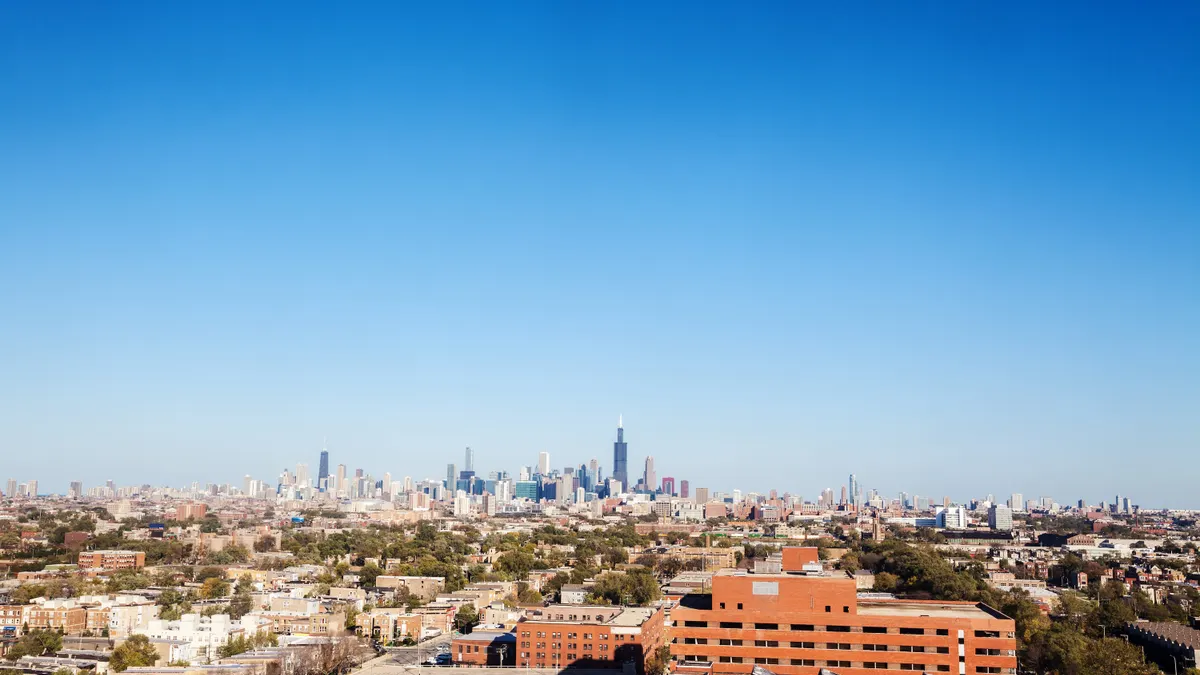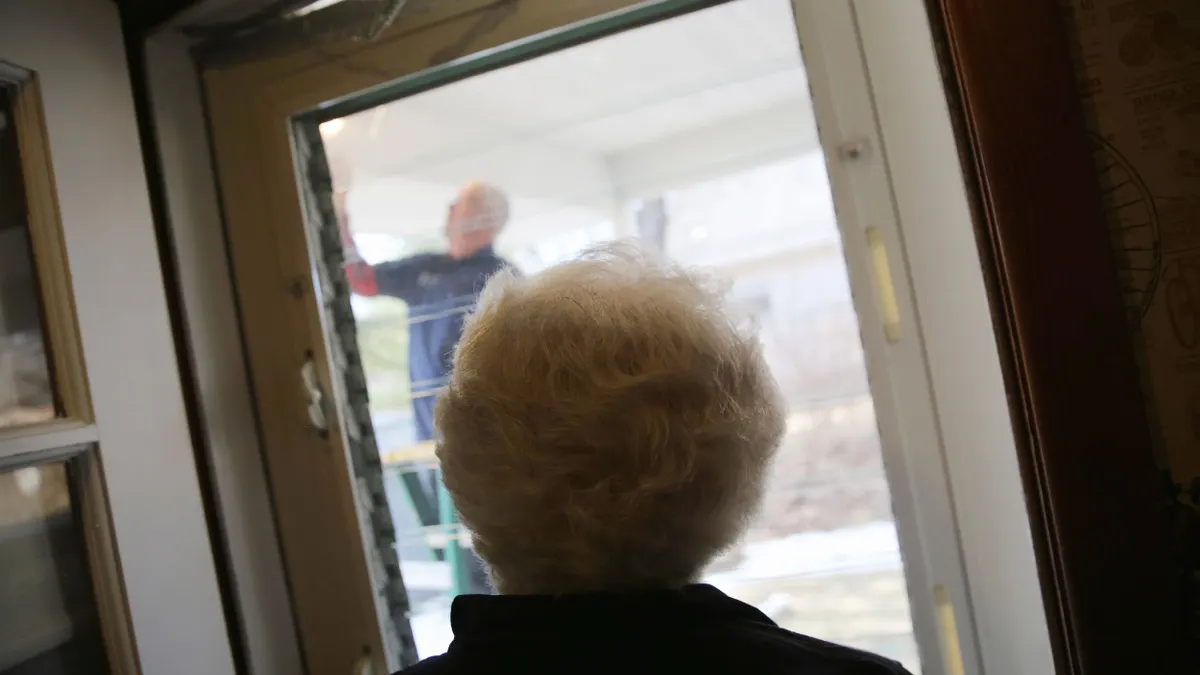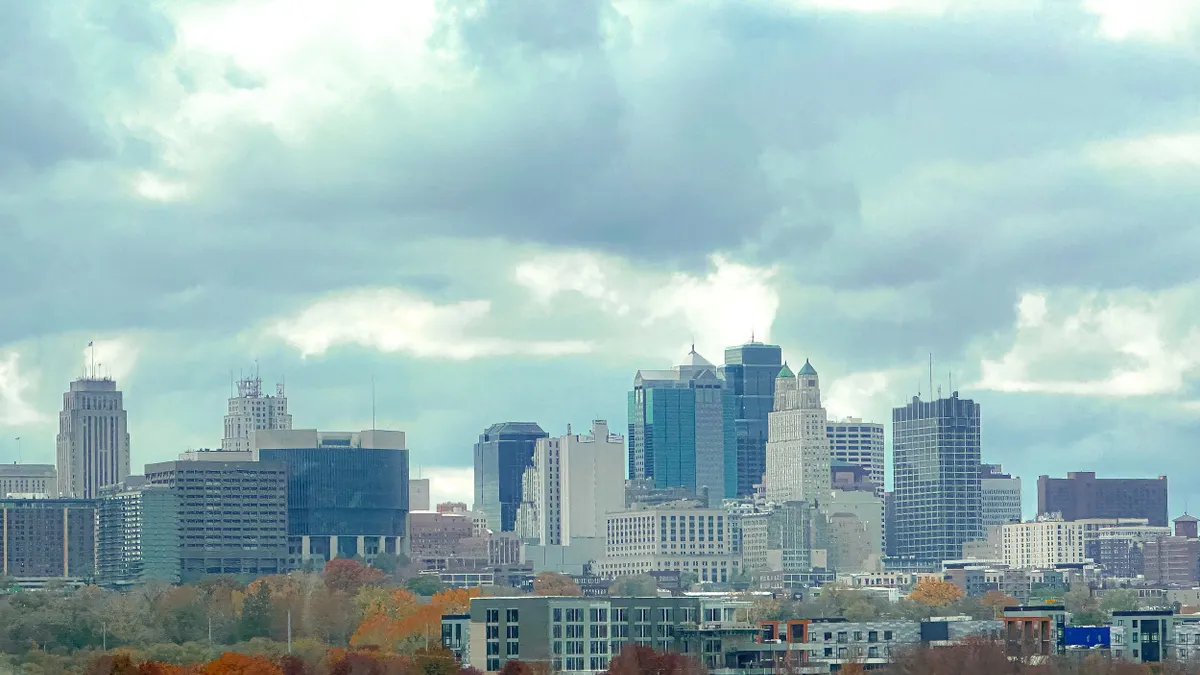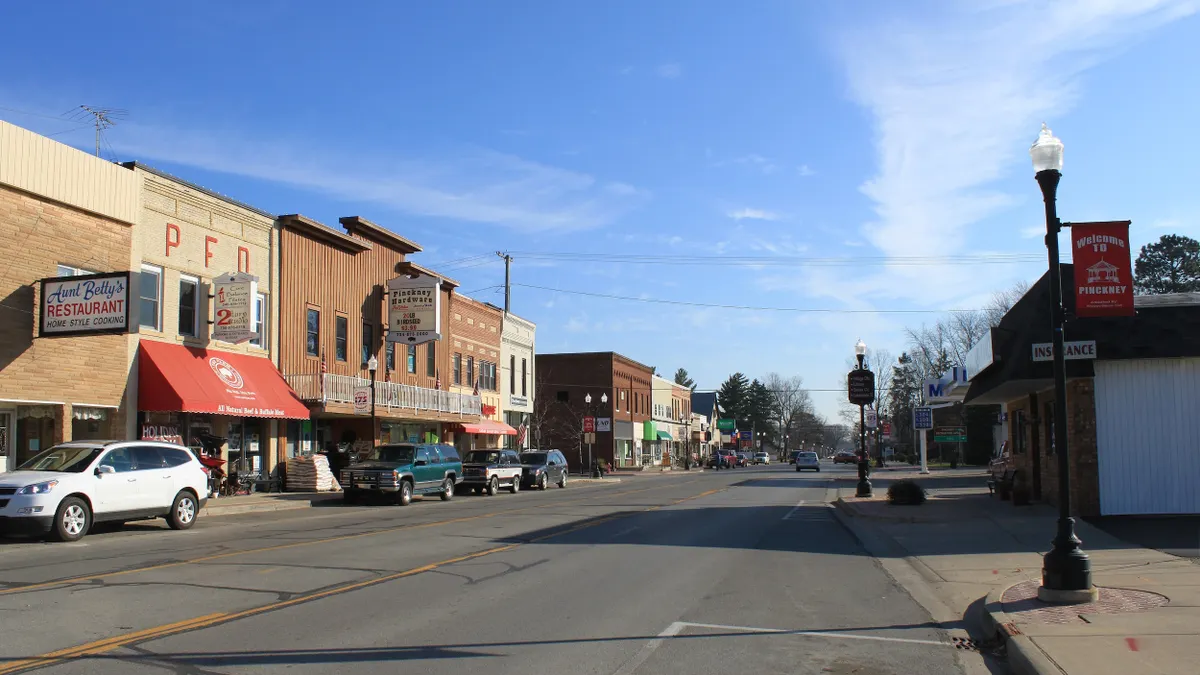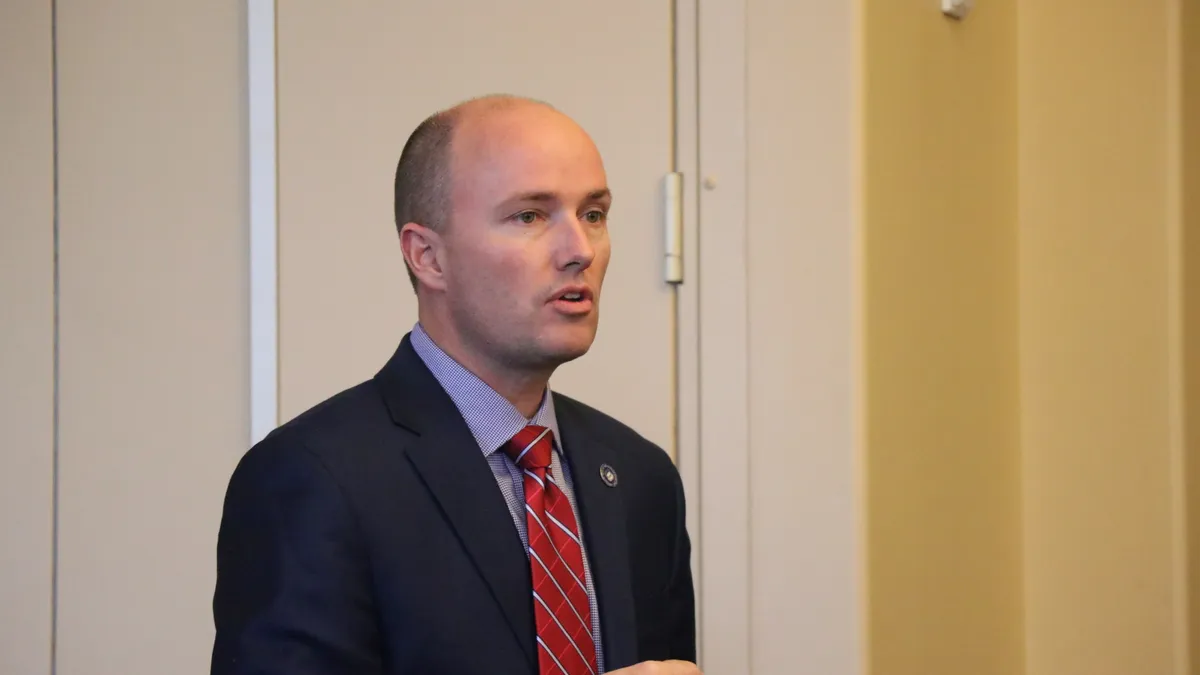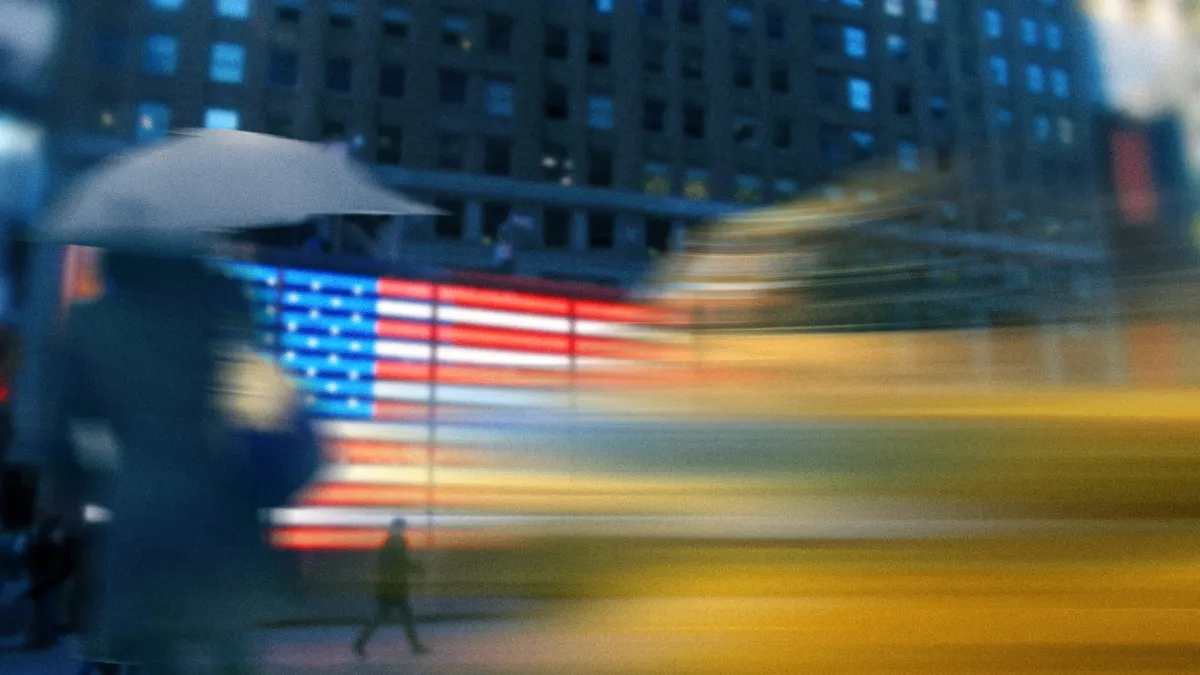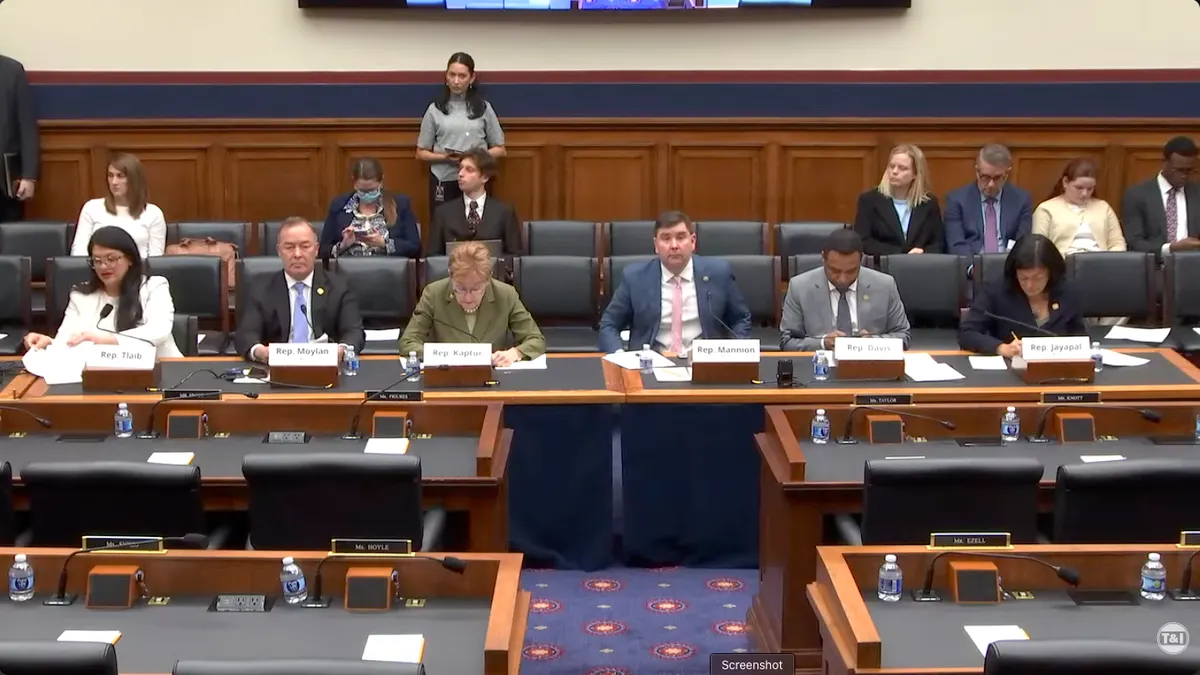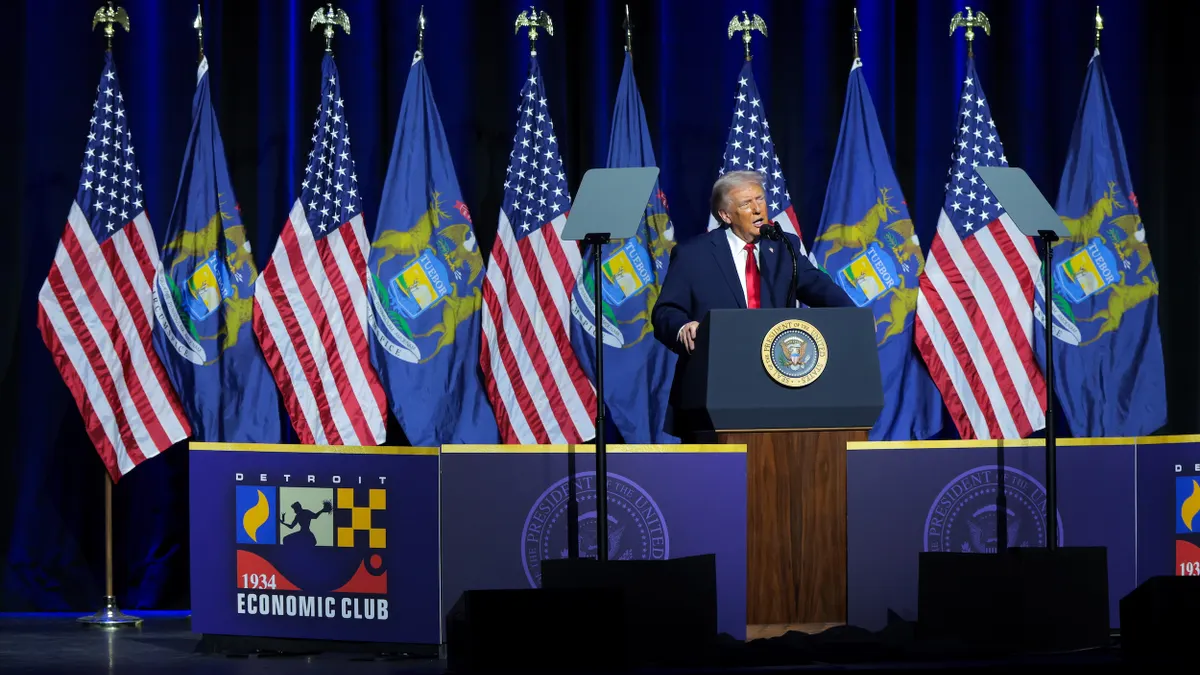The Maricopa County, Arizona, Recorder’s Office last month filed a restraining order to stop the county’s Board of Supervisors from providing an “unauthorized third-party and its subcontractors” access to its voter rolls.
County Supervisor Thomas Galvin said in a press release that the board made the request to improve the county election’s IT infrastructure. But election officials are concerned about how the information could be misused to harass people, perhaps based on their party affiliation, said Jim Barton, an elections lawyer and partner at the Arizona-based law firm Barton Mendez Soto. There is also concern that information from voter rolls could be used to support false claims of voter fraud, casting doubts on election integrity, he said.
The Board of Supervisors could have a legitimate reason to want access to the voter rolls, but the conversation surrounding the request has been weaponized by constant claims that people who shouldn’t be registered are registered, Barton said.
Conflicts over access to voter data are playing out across the nation. In addition to facing disputes at the local level, state and local officials from 40 states are grappling with U.S. Justice Department requests to turn over voter data beyond what is typically made available to the public, including partial Social Security numbers and driver’s license numbers. The federal agency has also requested meetings with election officials in 13 states to discuss an “information-sharing agreement,” according to the Brennan Center for Justice at the New York University School of Law.
Some county officials have also received voter roll requests and are working with their county councils to figure out what their obligations and responsibilities are, said Justin Levitt, a law professor and elections law expert at Loyola Marymount University’s law school.
It’s unclear why the Trump administration wants the voter roll data, as it has not yet issued proper notices, said Levitt, who served as deputy assistant attorney general of the Justice Department’s civil rights division from 2015 to 2017. This ambiguity about why it needs the data is a reason to deny access, he said.
To date, Indiana and Wyoming have complied with the DOJ’s request for voter roll data, including Social Security numbers, but most states have supplied partial lists with publicly available data or have declined to provide the data at all, according to the Brennan Center.
Gov. JB Pritzker of Illinois, one state that has refused to turn over election data, claimed in August the Trump administration is seeking the rolls so it can say fraudulent voting occurred, giving it pretext to overturn the 2026 election.
In response to the lack of cooperation, the Justice Department has sued eight states — California, Maine, Michigan, Minnesota, New York, New Hampshire, Oregon and Pennsylvania — to force them to provide their rolls, the Brennan Center states on its website. Voters in Nebraska and South Carolina have also filed lawsuits in state court to prevent election officials from sharing private voter information with the Justice Department, it says.
What does the law say?
Who is allowed access to voter data, the breadth of the data they can receive and the procedures for accessing it differ from state to state, said Kimball Brace, president of Election Data Services, an election administration company that contracts with state and local governments.
According to a National Conference of State Legislatures’ online guide to state voter information access, among the types of information that states keep confidential are partial or full dates of birth or driver’s license numbers, in about half of the states, and partial or full Social Security numbers, in about three-quarters of states. Nine states do not specify what information they keep confidential.
Some states, such as Illinois, allow political parties to access some information from voter lists for political purposes, said Brace. And many, including Colorado, Florida and Texas, allow anyone to access the information that’s not confidential, according to the NCSL..
Many states also have additional restrictions such as fees, limiting access to residents and requiring people to view the information in person during business hours, the NCSL states.
The National Voter Registration Act and the Help America Vote Act authorize the Justice Department to monitor general voter roll maintenance to ensure the rolls are accurate and up to date, Levitt said. But the department doesn’t need the actual voter rolls to complete that task because HAVA leaves the details on how to conduct that work up to the states, he said.
In fact, the Privacy Act of 1974 bars the Justice Department from accessing information on voter rolls — even information that is publicly available, Levitt said. That law specifies the department cannot collect information on individuals until it submits notices to the public and Congress explaining what it wants, why it wants it and what it plans to do with it, he said.
Rather than preemptively acquiescing to the DOJ’s demand for voter rolls, election officials should force DOJ officials to prove they have a right to and a need for that information in court, said Barton.
Local officials who have done a good job maintaining their rolls can legitimately ask the Justice Department to demonstrate why it is entitled to the information it is seeking, Levitt said.
Before turning over any voter information, local and county elections officials need to check with their state election offices to see what kind of practices are being utilized in the state, said Brace.
They can continue to foster trust in elections by following the law and remaining focused on maintaining clean voter rolls, said Levitt. In an October 2024 Pew Research Center poll, 92% of registered voters said they believed that year’s elections would be run and administered at least somewhat well in their own community.
“Local elections officials have earned a tremendous amount of trust by doing what they should be doing,” said Levitt. “I think the way to continue that trust is continuing to do what they do.”


